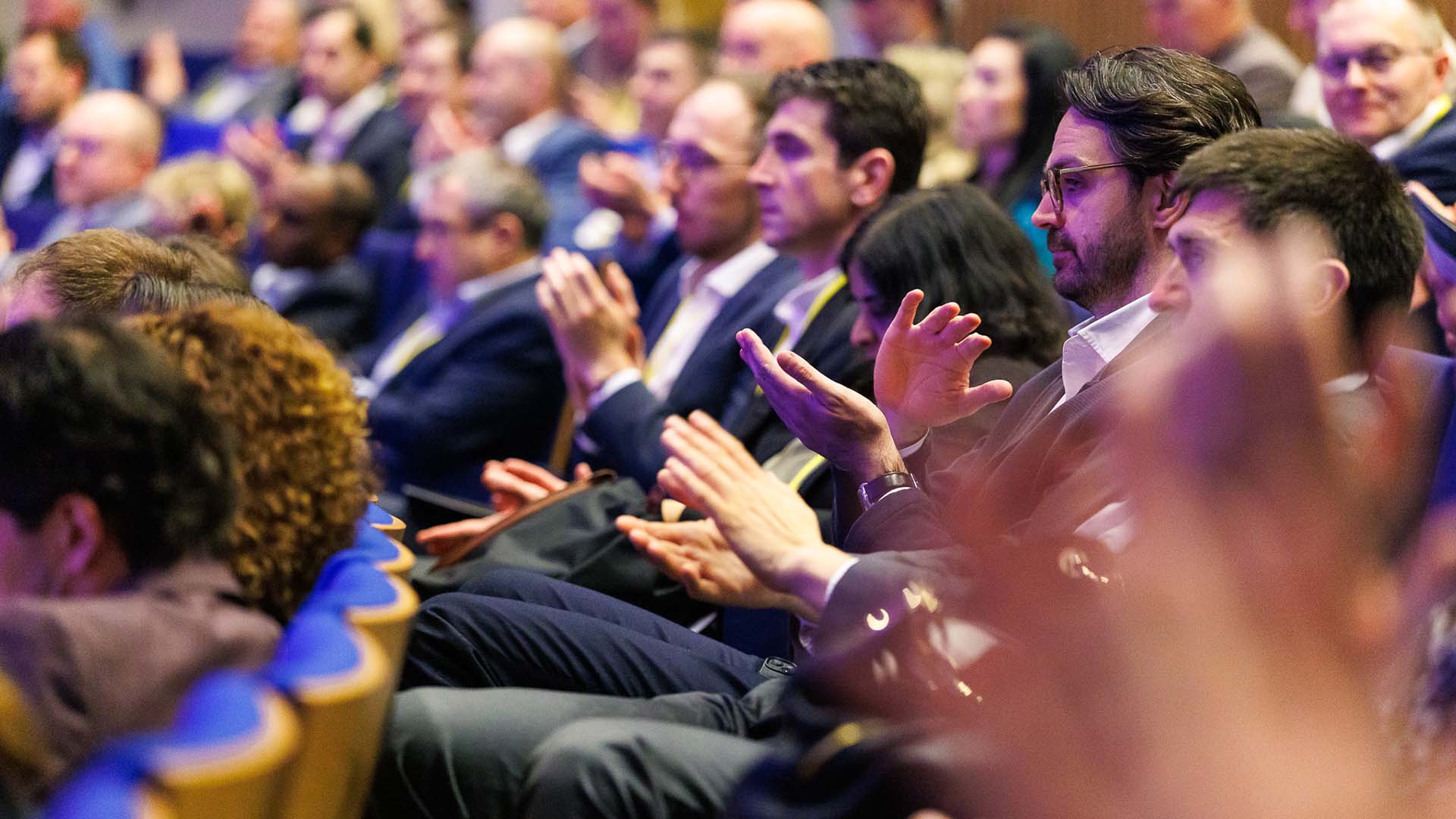
Did the current health crisis have any impact on treasury technologies and digital transformation of organisations? It is a legitimate question, we should address.
It is an interesting question to address. What will be the consequences for corporate treasurers of these lockdowns, new ways of working, cost cuttings and necessity to adapt to a fast-changing world? Today the focus tends to be on broader finance transformation and in delivering solutions across areas like security, fraud, and general ERP reporting. The crisis certainly had impact on treasury technology implementations. Some corporates now wonder how they could guard against future events like COVID-19 – and now the treasury management system market is seeing that 2021 could be a promising year in terms of sales. Treasury, as after all financial crises, becomes a key focus area. The fundamental changes businesses are facing have inevitably impacts on the way treasury is managed. Treasury is typically an area of low-volume but high-value transactions that are essential and which do not tolerate errors and delays. Speed in decision-making and execution remain a top priority for CFOs.
Security (but also fraud) was also a major concern. The C-level realised that human-error, cyber-risks, and frauds are things that have not been prioritised for too long. Centralisation and automation are two of the best response to the crisis. Treasurers are starting to closer look at technology solutions. Lots of questions have arisen regarding cash-flow forecasting, simulations, stress-testing and how to become more pro-active (rather than retroactive) for making financial decisions.
The health crisis may change some considerations. Before, treasurers were looking at treasury technology investments in terms of pay-back. If they invest money in a new piece of technology, CFOs need to know how long it would take to pay off the initial investment. The pay-off calculation was purely quantitative. We noticed a significant change, where some more forward-looking CFOs also consider the qualitative enhancements and whether the investment may prevent further/future problems, enable faster decision-processes and help with anticipating how to manage finances.
I also believe that the possibility to configure systems and ability to have them tailor-made, despite the inherent costs associated, is a distinctive factor for large MNC’s. Some clients are still looking for solutions to be adapted to their needs rather than to be forced to adapt their processes to a system structure. These large(st) clients want the ability to code and make that the system a bespoke environment for their specificities. A gap is more obvious between configurable and non or less configurable systems. It is of course more expensive and longer, but it enables clients to have something fitting well. Like with fashion, who would not dream having a tailor-made suit? The gap and lag are also between configurable big solutions like SAP, for example, and other less or not configurable or the software as-a-service offered. Large MNC’s today are contemplating full revamping of the finance suite and of course large ERP producers are well placed.
François Masquelier
Chairman
ATEL

The CEE 2025 Treasury Forum, held in Cluj-Napoca, Romania, from 15 to 17 May, gathered financial leaders from across the central and eastern European region to explore the evolving role of treasurers in today’s complex economic environment.
Read
Founded by treasury practitioners, Baltrea is driven by a vision to foster excellence, encourage collaboration, and promote innovation within the treasury community.
Read
The 2025 annual EACT Summit, held in Brussels in April, served as a timely reminder that treasurers across the community possess an increasingly welcome voice in the face of adversity.
Read.png)
The survey aims to identify challenges corporate treasurers of MNCs are facing and the technological innovations they intend to implement. It also aims to recognize evolutions over time and after crises.
Read
The fourth edition of the publication, describes basic requirements and provides guidance on establishing and developing the treasury function.
Read